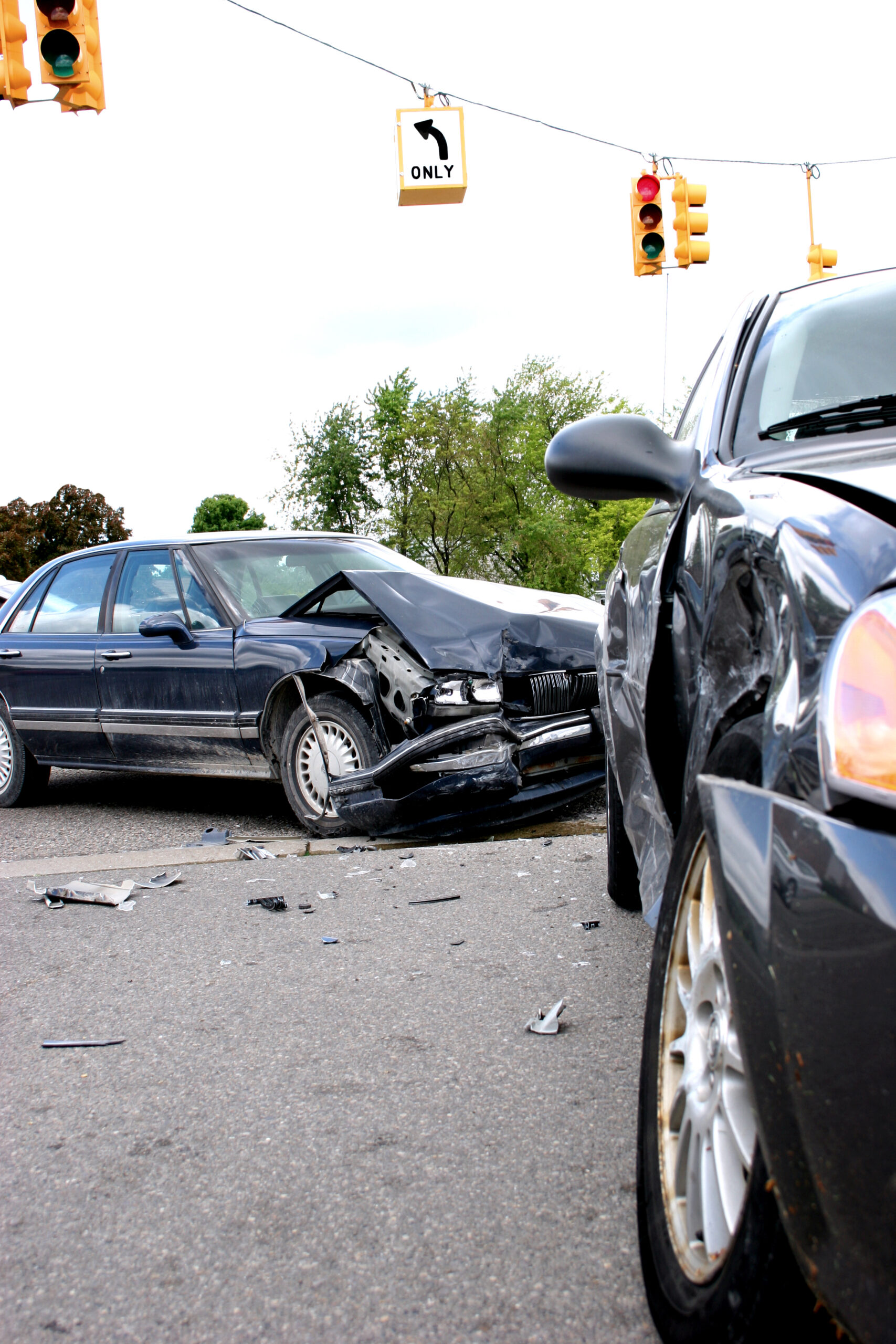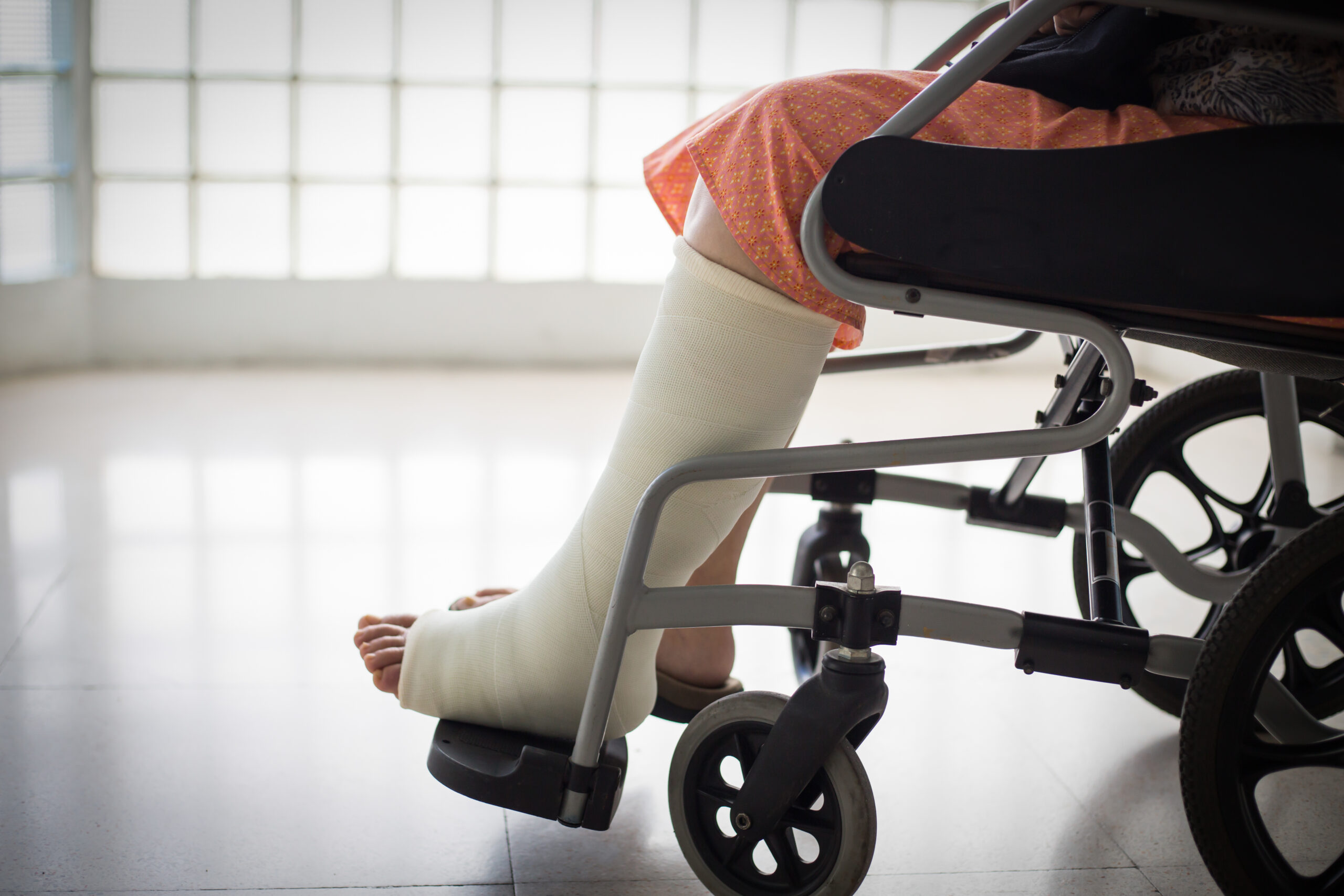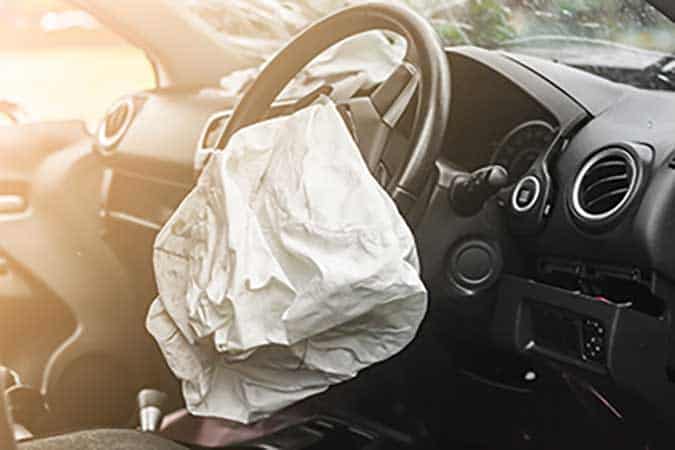The Complexities of Car Accident Claims in PA
Car accident claims in Pennsylvania can become highly complex due to several factors. Firstly, Pennsylvania is a choice no-fault state for car insurance, allowing drivers to choose between “no-fault” and traditional insurance coverage. This choice impacts the process of filing a claim and pursuing compensation for damages or injuries. Additionally, determining liability and negligence often complicates the settlement process.
The state’s comparative negligence law may reduce compensation based on the claimant’s degree of fault in the accident. Complexity increases with severe injuries, as accurately assessing long-term impacts and costs requires expertise. Lastly, dealing with insurance companies poses challenges, as they often aim to minimize payouts, requiring detailed negotiations to secure fair compensation. If you have been injured in a car accident, contact a skilled car accident attorney at PhillyLaw for a free consultation for you to learn more about how to ensure the negligent driver is held liable for your injuries.
Understanding Pennsylvania’s No-Fault Insurance Law
Pennsylvania’s no-fault insurance law allows for a unique approach to handling car accident claims, which plays a significant role in the complexity of these cases. Under this system, drivers have the option to choose limited tort insurance coverage, meaning that in the event of an accident, each driver’s insurance policy will cover their medical expenses and other losses, regardless of who was at fault for the incident. This option is designed to speed up the compensation process for victims, as they do not need to prove fault to receive payment for their losses.
However, electing no-fault coverage also places certain restrictions on the policyholder’s ability to sue for non-economic damages, such as pain and suffering, unless the injuries meet a specified severity threshold. This system aims to reduce the number of lawsuits following car accidents, but it also requires individuals to make an informed decision when choosing their insurance coverage, understanding the trade-offs involved with both limited tort and traditional insurance policies.
Full Tort Insurance Coverage
Contrary to limited tort insurance coverage, full tort insurance coverage offers a different level of protection for Pennsylvania drivers. Opting for full tort coverage means that the policyholder retains the unrestricted right to sue for non-economic damages such as pain, suffering, and inconvenience, regardless of the severity of their injuries. This option provides a significant advantage for those seeking comprehensive protection since it allows individuals to pursue compensation for all types of damages resulting from a car accident, without the constraints imposed by the no-fault system.
Choosing full tort insurance usually entails a higher premium compared to limited tort. However, it affords policyholders greater flexibility and potential compensation following an accident. This type of coverage is particularly beneficial for individuals who wish to ensure that they have the option to seek a full range of damages in court, should they become involved in a serious accident. In essence, full tort coverage offers peace of mind and a higher level of financial security, making it an important consideration for those valuing comprehensive coverage in the event of an auto accident.
Determining Liability for Pennsylvania Car Accidents
In the aftermath of a car accident in Pennsylvania, one of the critical steps is determining who is at fault for the car accident, which is essential for resolving claims and obtaining compensation. Pennsylvania employs a comparative negligence rule, allowing for the allocation of fault among parties involved in an accident. This rule states that a party can recover damages only if their degree of fault does not exceed the other party’s. However, their compensation will be reduced by their percentage of fault. For example, if it’s determined that a driver is 20% at fault for an accident, their compensation will be reduced by that same percentage.
Establishing liability involves a meticulous examination of accident reports, witness statements, and, often, expert testimonies relating to the circumstances of the crash. The involvement of multiple parties, unclear traffic situations, or cases involving pedestrians or cyclists can further complicate the assessment of liability. In Pennsylvania, even if a driver selects no-fault insurance, understanding who was at fault can impact decisions regarding actions beyond immediate medical expenses, especially in seeking compensation for severe injuries or navigating exceptions to the no-fault rules. Thus, accurately determining liability is a complex process that underpins the pursuit of fair compensation for accident-related losses.
Comparative Negligence Under Pennsylvania Law
Comparative negligence is a critical concept under Pennsylvania law that significantly affects the outcome of car accident claims. This legal principle allows the court to apportion fault among the parties involved in an accident. Under Pennsylvania’s modified comparative negligence rule, an individual can still recover damages if they are less than 51% at fault for the accident. However, the amount of compensation they are eligible to receive is reduced by their percentage of fault.
For instance, if a plaintiff incurs $100,000 in damages but is found to be 30% at fault for the accident, their compensation would be reduced by 30%, thus receiving $70,000. This system aims to ensure that compensation is distributed more fairly, reflecting each party’s contribution to the accident. However, it also adds a layer of complexity to car accident claims, as it necessitates a detailed investigation and analysis to accurately determine and assign fault percentages among all involved parties. The principle of comparative negligence underscores the importance of gathering comprehensive evidence and possibly seeking legal expertise to navigate the intricacies of car accident claims in Pennsylvania.
Dealing with Insurance Companies in Pennsylvania
Navigating interactions with insurance companies in Pennsylvania for an insurance claim can be one of the most daunting aspects of car accident claims. Insurance adjusters are often incentivized to minimize the amount they pay out in settlements to preserve their profits. This can lead to tactics such as disputing the severity of injuries, challenging the necessity of medical treatments, or arguing about the liability and fault percentages established. Consequently, claimants must be prepared to provide comprehensive evidence to substantiate their insurance claims to their own insurance company for their car accident case, including detailed medical records from medical treatment for injuries sustained, police reports, expert testimony regarding the long-term impacts of injuries, and solid proof of any property damage or personal loss.
Effective negotiation with insurance companies requires an understanding of Pennsylvania’s insurance laws and the specifics of one’s policy, especially concerning its limitations and the nuances of no-fault coverage. To ensure your rights are protected, seek the advocacy of a personal injury attorney at PhillyLaw. Legal representation can be crucial in cases involving severe injuries or when a fair settlement cannot be reached through direct negotiations with the insurer. This professional guidance aims to ensure that claimants obtain fair compensation, reflecting the true extent of their losses and suffering.
Car Insurance Requirements in Pennsylvania
In Pennsylvania, all drivers are mandated by law to carry a minimum level of auto insurance, a measure designed to ensure that all parties have some level of financial protection in the event of a car accident. The state’s insurance law requires that drivers maintain three types of coverage as part of their car insurance policy: bodily injury liability, property damage liability, and personal injury protection (PIP).
Bodily Injury Liability
This coverage is essential for compensating those who have been injured in an accident caused by the policyholder. Pennsylvania law requires a minimum of $15,000 per person and $30,000 per accident.
Property Damage Liability
This type of insurance covers damages to another person’s property resulting from an accident for which the policyholder is at fault. The minimum requirement is $5,000.
Personal Injury Protection (PIP)
PIP coverage pays for the medical expenses of the policyholder and their passengers after an accident, regardless of fault. The state mandates a minimum of $5,000 in PIP coverage.
These requirements form the foundation of Pennsylvania’s approach to auto insurance, aiming to maintain a baseline of protection for drivers and victims alike. However, drivers often opt for higher limits and additional types of coverage—such as collision, comprehensive, and uninsured/underinsured motorist coverage—to enhance their protection against the various financial risks posed by car accidents. Given the complexities of Pennsylvania’s car insurance laws, including the choice between no-fault and traditional insurance, it’s crucial for drivers to thoroughly understand these basic requirements and consider their options carefully to ensure adequate coverage.
Car Accident Injuries in Pennsylvania
Car accidents in Pennsylvania can result in a wide range of injuries, from minor bruises and abrasions to severe, life-altering conditions. Common car accident injuries include whiplash, fractures, traumatic brain injuries (TBI), spinal cord injuries, and psychological trauma. The severity and impact of these injuries can vary greatly, influencing not only the immediate need for medical attention but also the long-term health and well-being of those involved.
Soft Tissue Injury
Soft tissue injuries, sprains, and whiplash are common injuries that result from an auto accident. Whiplash is often associated with rear-end collisions, where the sudden impact causes the neck to snap back and forth.
Fracture
Fractures can occur in any type of crash, depending on the force of the collision and the point of impact.
Head Injury and Brain Injury
A TBI, one of the more serious injuries from a car accident, can lead to lasting cognitive, physical, and emotional challenges. Concussions, a form of TBIs, are common injuries that result from auto accidents.
Spinal Injury
Similarly, spinal cord injuries may result in temporary or permanent paralysis, significantly altering an individual’s lifestyle and necessitating comprehensive medical care and rehabilitation.
Back Injury
Back injuries are another prevalent consequence of car accidents, with symptoms that can range from mild discomfort to severe, chronic pain.
Internal Bleeding
Internal injuries are another serious consequence of car accidents, capable of posing life-threatening risks if not promptly diagnosed and treated. The complexity of diagnosing and managing internal bleeding underscores the importance of seeking immediate medical attention after a car accident, even if no external injuries are evident.
Psychological Injury
In addition to physical injuries, auto accidents can inflict profound psychological effects, including post-traumatic stress disorder (PTSD), anxiety, and depression. These conditions can hinder an individual’s ability to return to their daily life, work, and social activities, further exacerbating their trauma.
Given the diverse and often severe nature of auto accident injuries in Pennsylvania, the pursuit of appropriate medical evaluation and treatment immediately after an accident is paramount. This not only ensures the health and recovery of those involved but also establishes a critical record of the injuries and medical care received, which is essential for any subsequent legal claims for compensation.
PhillyLaw Advocates for Car Accident Victims for their Complex Car Accident Cases
At PhillyLaw, we specialize in supporting victims of car accidents through the intricacies of their complex cases. Our team of skilled personal injury attorneys is deeply knowledgeable about Pennsylvania’s auto insurance laws and the often daunting process of dealing with insurance companies post-accident. We are committed to advocating on behalf of those who have suffered serious injuries, ensuring they receive the comprehensive legal representation necessary to secure the compensation they deserve for their car accident claim. PhillyLaw is more than just a law firm; we are advocates for those affected by car accidents, committed to fighting for their rights and ensuring they receive the justice and compensation they are entitled to. Contact us for your free consultation to learn more about your ability to recover a fair amount for your injuries.










